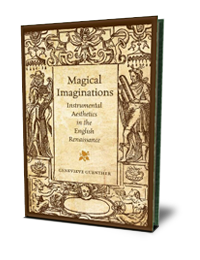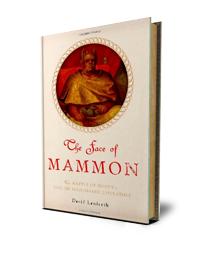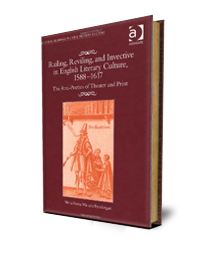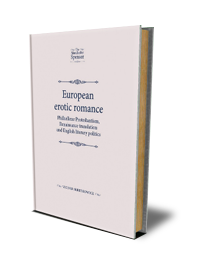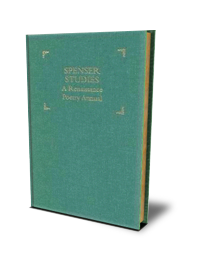The Literary Biography of a Collective: The Familiar Letters of G.H. and Signior Immerito
First, a warm welcome to the graduate students and recent PhDs. If you become regular, dues-paying Spenserians, as we hope you will, you’ll soon discern the norms that govern these lectures. They customarily begin with Read more »
When I was asked by Nuccio Ordine for a contribution to “Classici della letteratura europea,” a new collection devised by himself, it seemed to us both that the poem by Edmund Spenser, which had never been completely translated into Italian, would, considering the very strong bond between Spenser and our country and literature, fill a gap in Italian culture.
With his Faerie Queene, Spenser meant to give England the epic (or heroic) poem that it still lacked. His aim was the celebration of the Tudor dynasty, in particular of Elizabeth I, idealized and glorified through the figures of Gloriana (the Fairy Queen, indeed), powerful and righteous, and Belphoebe, the wonderful and virtuous maiden; the celebration of English nationalism, which had been growing increasingly stronger since the Hundred Years’ War, as Shakespeare reminds us in his Henry V; and the celebration, as well, of the Church of England, which was one ...
Read more »Readers are invited to register and comment on this issue.
David Lee Miller: Welcome to the SpR Forum! Respond to reviews, offer suggestions for the web site, post CFPs, announce forthcoming publications … we’d love to hear from you.
- Genevieve Juliette Guenther, Magical Imaginations: Instrumental Aesthetics in the English Renaissance —
- David Landreth, The Face of Mammon: The Matter of Money in English Renaissance Literature —
- Ladan Niayesh, ed., A Knight’s Legacy: Mandeville and Mandevillian Lore in Early Modern England —
- Maria Teresa Micaela Prendergast, Railing, Reviling and Invective in English Literary Culture, 1588-1617 —
- Victor Skretkowicz, European Erotic Romance: Philhellene Protestantism, Renaissance Translation and English Literary Politics —
- Spenser Studies: A Renaissance Poetry Annual vol. XXVII —
- Jayne Elisabeth Archer, Elizabeth Goldring and Sarah Knight (eds.), The Intellectual and Cultural Worlds of the Early Modern Inns of Court —
- Jennifer C. Vaught, Rhetorics of Bodily Disease and Health in Medieval and Early Modern England —
- Helen Cooney and Mark S. Sweetnam, eds., Enigma and Revelation in Renaissance English Literature —
- Vaught, Jennifer C. Carnival and Literature in Early Modern England —
- Books Received

